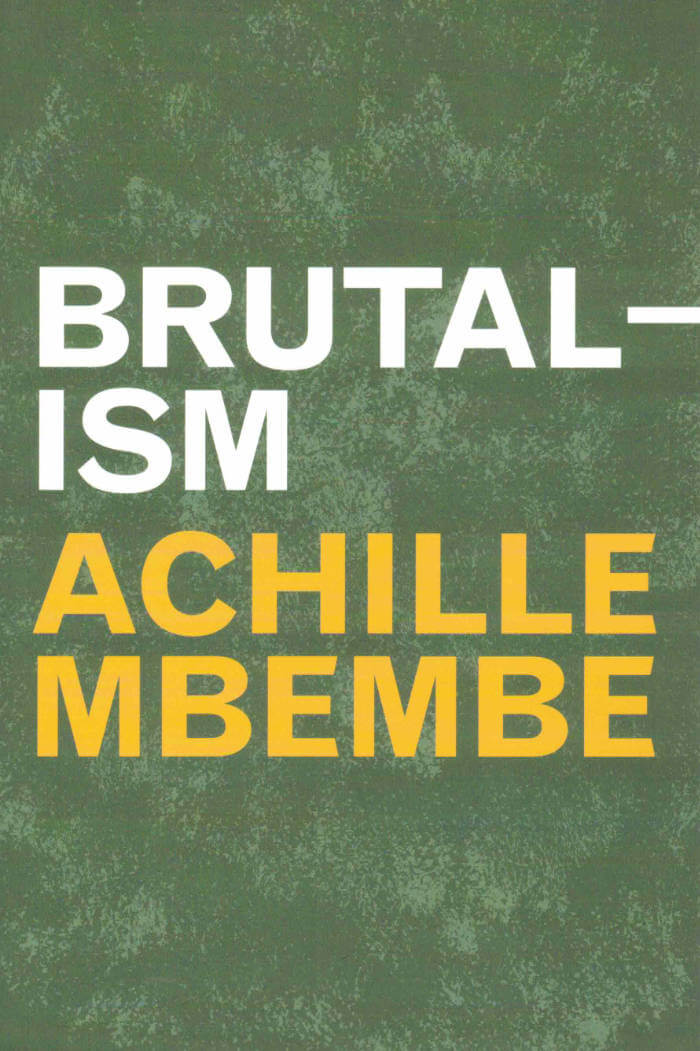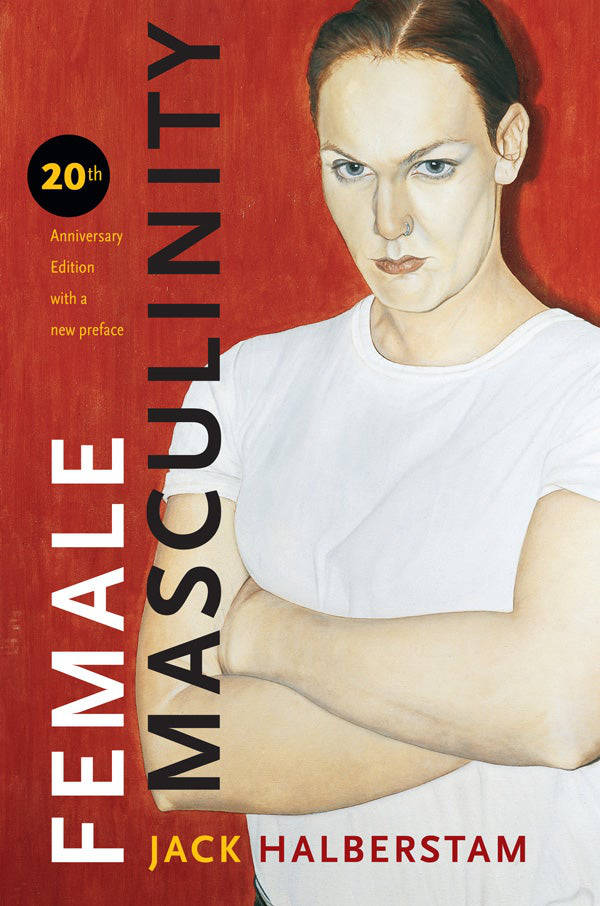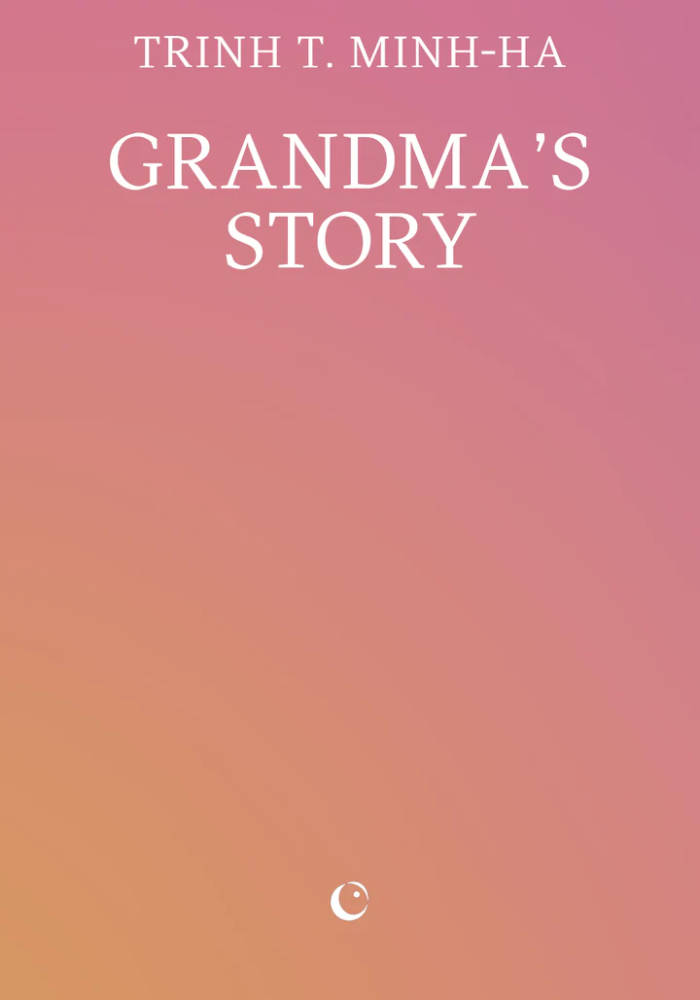The most accessible introduction to the life and work of James Lovelock, and a guide to address today's "polycrisis."
There is no creation of the future if we do not sustain, at root, an intuition for invention. No one understood this better than James Lovelock, the most significant scientific thinker since Charles Darwin.
Over the course of his career, Lovelock set the terms by which we've come to understand life—biologically, societally, poetically—in the twenty-first century. He helped NASA complete missions to Mars and the moon; he invented devices that revealed the presence of harmful chemicals in the Earth's atmosphere, inspiring Rachel Carson to write Silent Spring; and he formulated the Gaia hypothesis, the deceptively simple idea that our planet could be viewed as a single self-regulating organism—everything entangled, everything acting upon everything else.
In September 2015, Hans Ulrich Obrist traveled to Dorset to visit Lovelock at his seaside cottage, where they spent nine hours discussing garden cities, frozen hamsters, rising temperatures, tiny widgets, the Space Age, the birth of modern science, the agonies of institutions, and the future of humanity. Ever Gaia presents this conversation as a celebration of Lovelock, who died in 2022 at 103, alongside contributions from two future pioneers of Gaia: Daisy Hildyard and Precious Okoyomon. As another of Lovelock's heirs, Tim Lenton, writes in his afterword, this encounter was pivotal in Lovelock's late intellectual life and, at the start of 2023, provides a guide—by way of Lovelock's Gaian approach—to address today's "polycrisis."
Ever Gaia opens the second season of isolarii as a tribute not just to Lovelock but to the late Bruno Latour, who introduced the series when we launched it two years ago. The second volume of a trilogy that started with the release of The Archipelago Conversations in 2021, Ever Gaia is the most accessible introduction to the life and work of Lovelock, whose way of seeing—"perhaps his greatest legacy," Obrist writes—will continue to shape our world and our place within it for decades to come.








